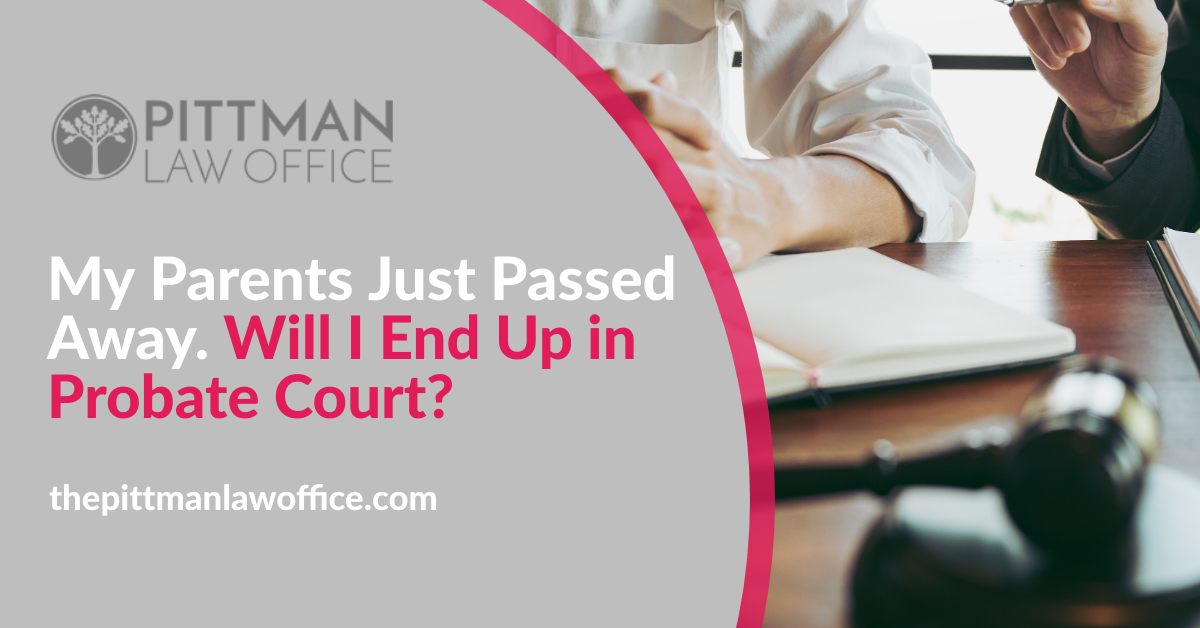Estate planning is a crucial process that ensures your assets are distributed according to your…
Whether or not your parents assets end up in probate court depends on several factors. If your parents were residents of the state of Florida, then the laws of Florida govern their estate.
“Going into probate” is a term often used to define the process where a probate court assumes jurisdiction over assets that are in the deceased person’s name. A Personal Representative will be assigned to account for all assets related to the probate. They will also be charged with valuing the estate. During the probate process, all debts related to the deceased are identified. These debts will be handled in accordance with the Last Will and Testament, or state statue if no will exists. All debts must be paid off before distributing what is left of the estate.
Once the estate has gone through probate, the estate may be distributed in accordance with the Last Will and Testament. If there is no will, any remaining assets will be distributed in accordance with state statutes.
It is important to note that having a Last Will and Testament does not exempt assets from going into probate. Examples of assets that generally do not end up in probate court include:
- Assets that have another owner or held jointly do not go into probate depending on how they were set-up.
- Assets that have a designated beneficiary or successor (i.e. investment accounts, life insurance, retirement, bank accounts, etc.) do not go into
- If there is a Revocable Living Trust, then there is a strong likelihood that none of the assets will end up in probate.
We understand the stress of losing a loved one. Pittman Law cuts through the red tape and navigates the Florida probate process for you. We work with families throughout the United States. If you’ve recently lost your parents or a loved one and need assistance with the Florida probate court process, we can help. Give us a call today.




